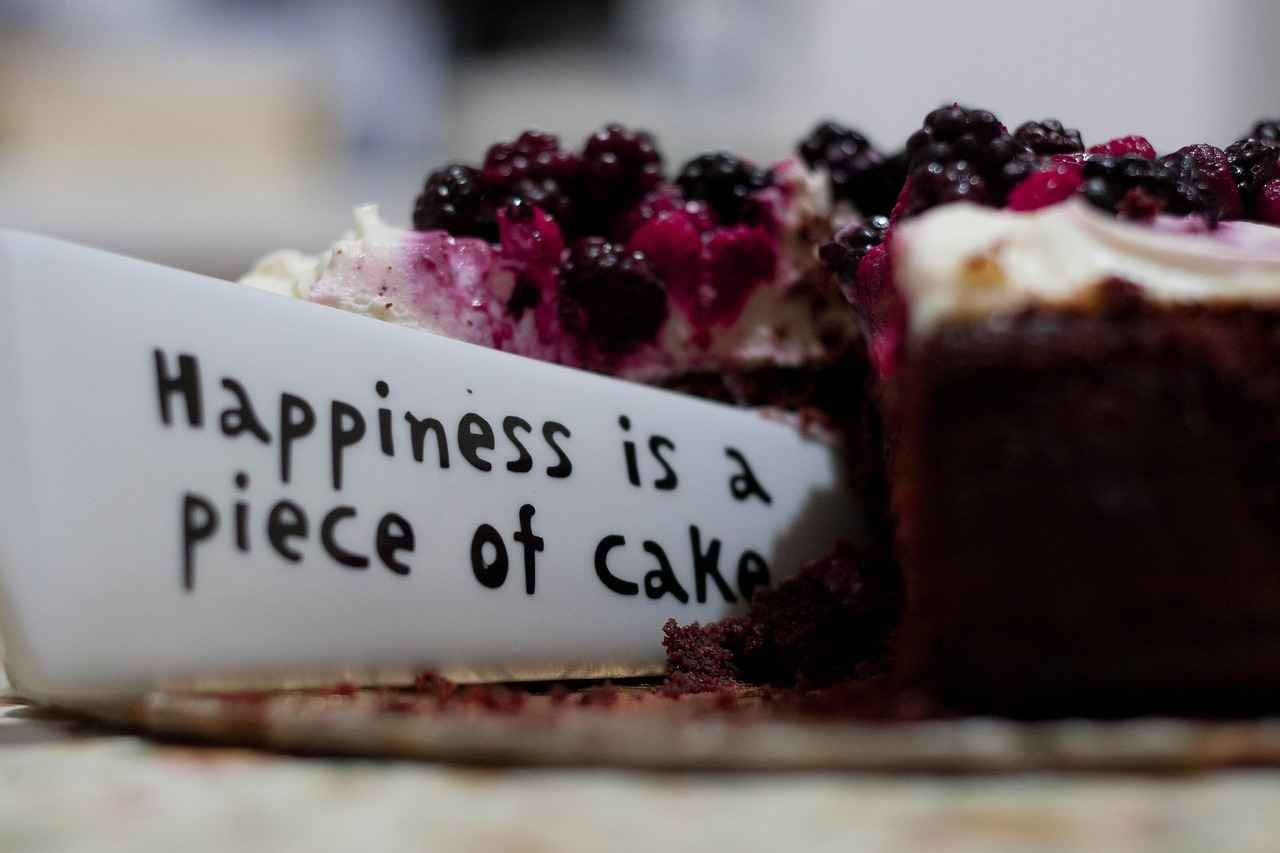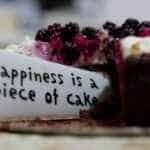We human beings love varieties. As we built our civilization we brought a great number of varieties into everything. We went on fighting the monotonous offerings of our nature. We built many creative distractions for ourselves.
In last 200 years we created more such distractions than last 2000 years. Great amount of products, choice are pouring into our lives. These are coming through shopping malls, e-commerce websites, social Medias – from almost every direction. Great amount of information about these products and their benefits also pouring into our mind. Our mind is designed to track varieties closely. And if possible enjoy – we would like to enjoy them as a first person.
The problems with so many choices and so much information are as follows:
- Rapid progression in our hedonic treadmill. Human beings are having a psychological factor that is responsible for our continuous progression in our evolution & civilization. The factor is “we are never happy for what we already have”. We become adapted to new things or new situations within few months, new relationships within few years and so on. This is known as “hedonic adaptation”. More we are exposed to newer things – what we can buy or consume on daily basis the more hedonically we will be adapted to the things that we already have.
- Now comes the next problem. The more we hedonically get adapted to newer things by newer varieties daily. The more we are lacking Happiness & motivation at NOW. We can become happy at now & work at now. We cannot get a thing and then become happy – if we work to get things only without being HAPPY at now – we become stressful. Happiness is a muscle that we lose. On top of that when you will get that new things you soon will be adapted to your new status or things. This continues. Thus you will remain unhappy throughout your life.
- We want to buy new things daily that we will not use even in the future. We buy new houses , we buy new cars, we buy new clothes and the story goes on. To buy these things we need to earn more. Our life become busier. But for what? May be it is for those mindless buying – either influenced by media or friends or society. We become so busy that we start working always.
We are busy doing multi-tasking. We can focus and perform one activity only at any point of time. We have only one powerful processor. A series of task we can do. But doing multiple task simultaneously and perfectly is a myth.
Always ON mobile notifications are nothing short of a curse. Same is true for browsing E-commerce & social medial for hours.
These produce a sense of global level comparison and envy and produce rapid hedonic adaptation in those what we already have. Thus makes us unhappy and more stressful.
- We become so busy that we overlook our nutrition, exercise & even sleep. We become immune compromise. We suffer health related problem thus. Consumption also increases our carbon footprint as an individual and thus it’s a burden on earth & our environment.
- The busy person never have time to look back into his own mind. He become less & less self-aware and mindful about himself and his surroundings. Here comes the issues with our relationships with our families and friends. The lesser time, focus & energy we provide for these which we consider we already have the more decay of these relationships happen. We lose important social & family support also sometimes.
- Now, let’s point the discussion into those things that we own. It occupies both our inner (inner) & outer space (house). Our outer space is occupied by so many unnecessary things that managing them becomes itself a big task. We use only 30% of our collections 80% of the time approx. Rest are just occupying spaces. It is neither pleasant visually nor mentally.
We are also busy in-side – your mind is running after only money. As we some how mis-guided by the fact that earning money would be the solution to our peace of mind and happiness. Science has proven earning money more than what we need to live a meaningful life does not make us happy. What would be meaningful life? Fulfilling basic needs (house, clothes, food and education) and then balance between our relationships and passion of our life. Owning things never make us happy for long. That is going to remain the truth – no matter how hard we try to compensate the required balance by only earning money.
- More stress & less productivity- When a person is run chasing money & buying things only – both of which are not producing any satisfaction. He runs after money & power more. But as I already told you owning things and chasing money after our basic needs fulfilled does not significantly improves life satisfaction.
- Our life-time is limited. Say we survive for 70 years. First 10 years we basically spend learning very basic rules about the world. So remaining is 60 years, Out of which we one third of the time we spend sleeping. And around 20% of our time we spend in toilets, eating things, making journeys etc. So remaining 45% of the time that does mean around 11 hours we have in our hands daily doing something productive. Sharp focus is not possible more than 6 hours a day. Actually science says 46% of the time our mind wanders so, mindful living is possible only 6 hours a day. So we can live mindfully n average 15 years.
That is the time we productively use to educate ourselves, productive work, mindful relationship building and building a meaningful life around our passion & purpose.
The time is short.
Using this precious energy of focus to store money and things and then spending time managing those purposeless things are not meaningful. It does not produce that deep sense of satisfaction that we are running after.
Here are some reframing of our concepts –
- Minimalism means depriving ourselves – NO, minimalism means deep sense of satisfaction with fewer things. Because you can nit enjoy so many things with your peace of mind.
- Minimalism means poor men’s life – NO, minimalism means leading life by your own terms. Keeping things that you really need, doing things that are useful, thinking thoughts that are productive, earning money that is useful & building relationships not in quantity but with highest quality.
- Minimalism means earning less money – NO, minimalism means more productivity. A productive person will eventually earn more money no matter what. But earning money will impose a much lesser stress on him and he does not do things just because he can. He would be doing things that has a personalized purpose & meaning attached with it.
Bring the Pareto principle in your life – “You use only 20% of your things daily for your 80% activities”, “Your 20% thoughts & words can be 80% effective if chosen mindfully”, “Your 20% actions will bring 80% of your desired effects mostly” and so on. De-clutter & organize your life around the Pareto principle. Life will be less stressful.
Depending on two factors we can build a decision making matrix as follows – Factor A = Versatility of choice of things and Factor B – Productivity of a person.
If a person has great versatility of choice and he spend hours in maintenance of that those and if he is a highly productive fellow (a professional) – his life is full of stress. Life is a meaningless journey for him without any sense of satisfaction.
In those, who does not have a productive mind too but factor A is very high. They spend life by chasing ghosts. They imitate what others are doing. They want to satisfy their society by showing things. And thus never able to satisfy themselves.
Where A & B both are low – they are peaceful. But their productivity for their own progress is also missing. Here the life satisfaction is also less as the person is not building a life around his purpose & passion.
Where Factor A is low with very high sense of productivity – the person is a true minimalist.
A minimalist saves his most precious resources to save his time. And thus he saves his “focus” and “energy” doing great productive things. He designs his life around his meaning of life, around his passion and around his own purpose. He lives his life with a deeper sense of satisfaction with fewer things and with his own terms. Own the power of minimalism is your life – be the minimalist.
Managing things with minimalism – Categorize your products with two factors – Factor A Usage frequency – High/ Low, Factor B – Productive purpose for NOW & FUTURE.
- You will probably find approximately 30% things that you won actually having both the factors high. Keep those things right in-front of you easily available for use. Make an arrangement of betterment & maintenance of those products.
- Approximately 40% things in your house have both the factors low – please discard those at least physically. You will free lots of space in your house. To preserve the memory of the things – you can always take pictures of those and write a page of journal about those.
- Approximately 10% if items will be there which has very high productivity – but you are not using them. Take care of those items in freed up spaces. Mostly accessible. In a place where your eyes go at least twice a day.
- And the last categories of items (around 20%) which you are using frequently but productivity is not there – not adding any value into your life. It is better to keep them away from your sight and your reach. Then discard them as well slowly.
Be mindful while using the things that add values to your life. Enjoy the satisfaction of less but productive choice of things. It’s a practice. It may take some time & patience. But minimalism is worth practicing.
Same categories are true for each part of our life – our relationships, our thoughts and our activities. Bring the principles of minimalism in your areas of life. You will find peace of mind, more satisfaction and more time for yourself. I wish you all best of luck.





